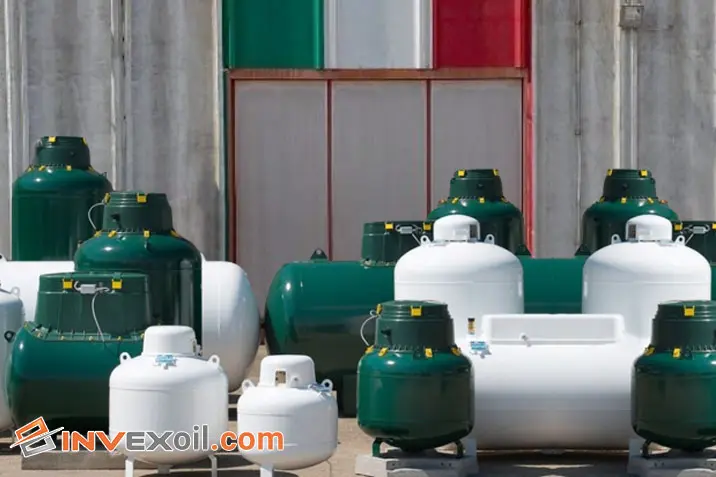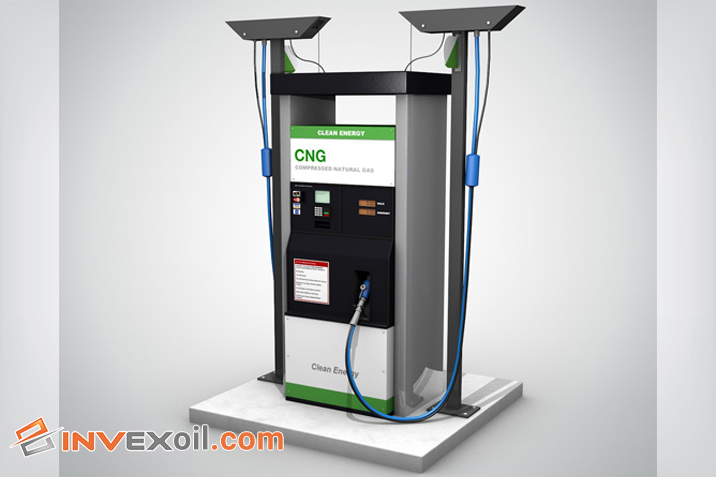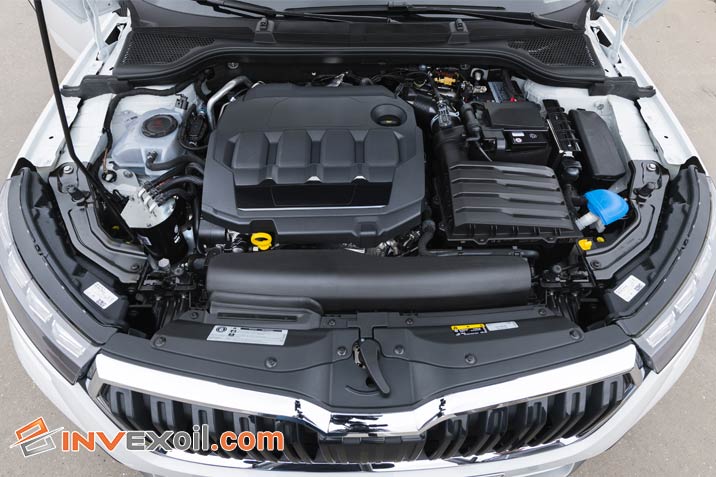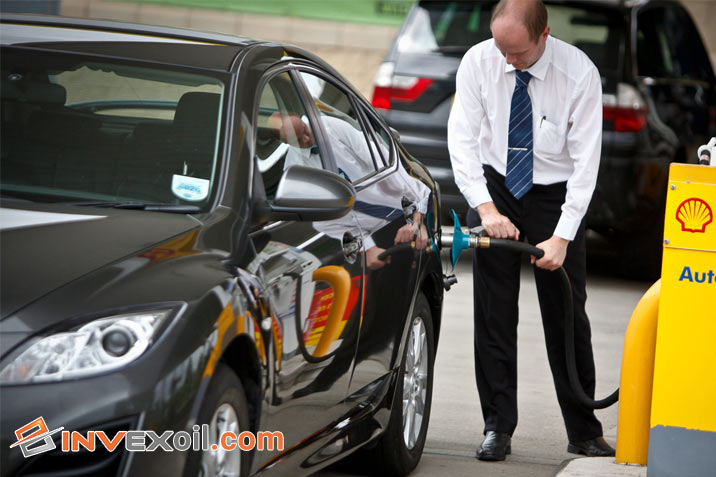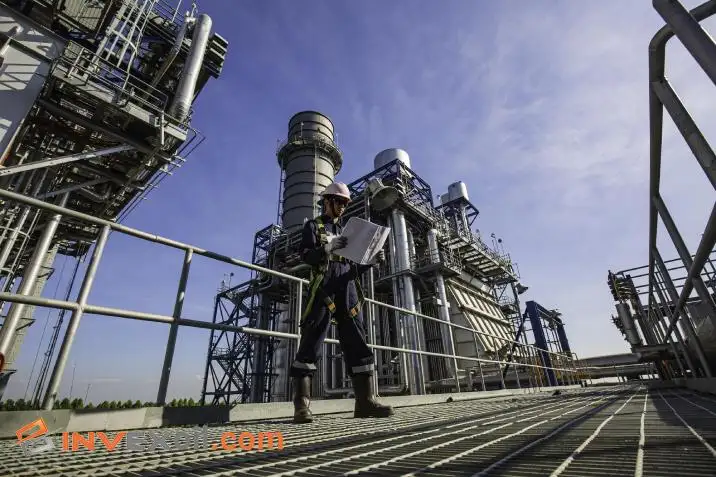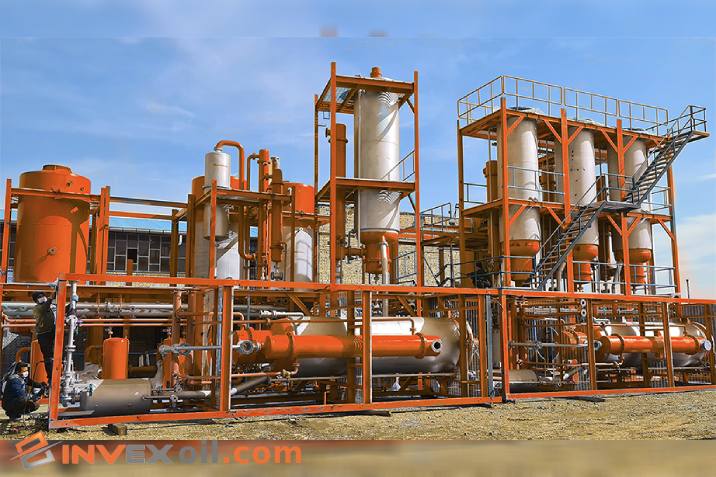Have you ever considered which fuel option—Liquefied Petroleum Gas or Compressed Natural Gas—is better for your car? This issue is more pressing than ever, with the world’s attention on more economical and ecologically friendly driving solutions. This inquiry will shed light on the LPG vs CNG debate for automotive enthusiasts, assuming LPG or CNG to fuel the process of engine oil refinery, or simply seeking to make an informed decision about the next vehicle you buy.
Table of Contents
LPG vs CNG
In the evolving world of automotive fuels, the debate of LPG vs CNG is becoming increasingly relevant. Both fuels offer unique benefits and have distinct characteristics influencing their application in the automotive industry.
-
LPG benefits
The question of what is LPG may have crossed your mind. LPG OR Autogas, a mixture of propane and butane, presents several advantages. It is renowned for cost-efficiency, often more affordable than traditional gasoline or diesel. This financial benefit is significant for consumers and businesses looking to reduce fuel expenses. LPG’s availability is also notable; it is accessible in many regions, providing a convenient option for drivers.
LPG also contributes to a reduction in emissions compared to conventional fuels. It burns cleaner, producing fewer harmful pollutants, which benefits the environment and public health. However, it’s essential to ensure vehicles are equipped with proper LPG-compatible systems to leverage these advantages fully.
-
Advantages of CNG
CNG, primarily composed of methane, stands out for its environmental friendliness. CNG burns even cleaner than LPG, emitting fewer greenhouse gases. This makes it a preferred choice for those seeking to minimize their ecological footprint. Furthermore, CNG is recognized for its safety benefits. Being lighter than air, it disperses quickly in the event of a leak, reducing fire hazards significantly.
CNG’s cost-effectiveness is another plus. Often cheaper than LPG, it provides an economical fuel option for consumers. The maintenance cost for CNG vehicles can also be lower due to the cleaner burning nature of the gas, which leads to less engine oil degradation over time
LPG vs CNG – Comparative Analysis
| Fuel Type | Composition | Energy Content | Environmental Impact | Cost-Effectiveness | Safety Considerations |
| LPG | A mixture of propane and butane | Lower than CNG | Lower emissions than gasoline | Generally cost-effective | Heavier than air risk of ground accumulation |
| CNG | Mostly methane | Higher than LPG | Even lower emissions than LPG | Often cheaper than LPG | Lighter than air, it disperses quickly |
Environmental Impact of LPG and CNG
When assessing the environmental impact of LPG (Liquefied Petroleum Gas) and CNG (Compressed Natural Gas), it’s clear that both fuels offer greener alternatives to traditional gasoline and diesel. However, each has its distinct environmental footprint.
-
Emission Comparison
Analyzing emissions is a key aspect of understanding the environmental impact of these fuels. Both LPG and CNG burn cleaner than conventional fuels, but there are differences worth noting:
- LPG produces more CO2 emissions than CNG but still less than gasoline and diesel.
- CNG has the edge over LPG in producing lower NOx emissions and very low particulate matter. This makes CNG an attractive option for reducing urban air pollution.
Environmental Emissions
| Fuel Type | CO2 Emissions | NOx Emissions | Particulate Matter | VOC Emissions |
| LPG | Higher than CNG | Moderate | Low | Moderate |
| CNG | Lower than LPG | Low | Very Low | Low |
Accessibility of LPG and CNG
In the current landscape of alternative fuels, understanding the market availability and accessibility of LPG (Liquefied Petroleum Gas) and CNG (Compressed Natural Gas) is critical. This examination informs consumer choice and impacts broader energy and environmental policies.
-
Fueling Infrastructure
The infrastructure for fueling is a key factor in adopting any alternative fuel. Here’s how LPG and CNG compare:
- LPG boasts a more extensive network of fueling stations globally. This is due to its longer market presence and use in both automotive and domestic sectors.
- While growing in popularity, CNG has fewer fueling stations than LPG. This is partly because of the specialized requirements for CNG storage and dispensing.
Fuel Availability and Infrastructure
| Fuel Type | Number of Fueling Stations (Global) | Accessibility in Urban vs Rural Areas | Cost per Unit |
| LPG | More extensive | Better in urban areas | Varies by region |
| CNG | Less extensive | Limited in rural areas | Varies by region |
-
Cost-Effectiveness
Evaluating the cost-effectiveness of LPG and CNG involves considering not only the price per unit but also the broader economic impact:
- LPG is more cost-effective in many regions due to its widespread availability and lower installation costs for fueling infrastructure.
- CNG, though potentially cheaper per unit, may involve higher initial investment for setting up compatible fueling stations and car conversion.
Conclusion
Comparing LPG and CNG highlights essential differences and similarities between these popular alternative fuels. We’ve explored their environmental impacts, cost-effectiveness, accessibility, and application in vehicles, painting a comprehensive picture for anyone considering a switch from conventional fuel sources.
Choose LPG vs CNG based on individual needs and regional availability, considering environmental and cost-conscious factors. Explore alternative fuels for the right vehicle.
FAQ
Which is More Cost-Effective for Cars, LPG or CNG?
For many, LPG is a more economical option because it usually has cheaper conversion costs and a broader supply. But over time, CNG may become more cost-effective due to its lower efficiency and cost per unit, particularly in areas with established CNG infrastructure.
How Do LPG and CNG Impact the Environment Compared to Traditional Fuels?
Both LPG and CNG have a lower environmental impact than traditional fuels. CNG leads in terms of lower greenhouse gas emissions, making it more environmentally friendly. LPG also reduces emissions significantly compared to gasoline and diesel, but not as effectively as CNG.
What Are the Key Differences in car Adaptability Between LPG and CNG?
Due to its versatile storage and handling properties, LPG is adaptable to a broader range of cars, from small cars to heavy-duty trucks. While offering fewer options for adaptability, CNG is ideal for vehicles requiring longer driving ranges, such as public transportation and fleet cars.

Hello, This is Matteo Hudson Copywriter from InvexOil. We are here to provide super-important content to help you learn more easily and be involved in the world of Petroleum and Chemistry. We are here to answer your questions, help you to have better services, and also find the best solution for your problems. Don’t be shy and ask your questions in the comment box or call our number. If you want to connect with me directly, you can search for my name on Linkedin.

